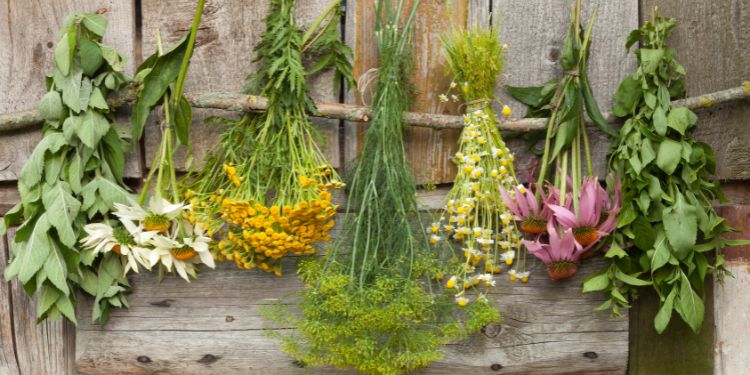
Let’s be honest; convenience often drives our choices. We seek the easy route in all we do, and because of this, it’s easy to forget the healing power of nature.
Over-the-counter medicines have become a go-to solution for minor ailments, but did you know that many of these remedies have natural plant counterparts that you can easily grow in your own backyard? This could prove valuable should SHTF!
You do not need to be an expert green thumb to grow medicinal plants in your garden. A little knowledge, some determination, and a lot of patience go a long way.
Aloe Vera: Nature’s Skin Soother
Over-the-Counter Counterpart/Uses: Burn and wound creams.
Aloe vera is a well-known succulent prized for its skin-healing properties. Its gel-like substance contains vitamins, minerals, and amino acids that aid in soothing sunburns, cuts, and minor skin irritations. Plant it in well-draining soil in a sunny spot and water sparingly, allowing the soil to dry out between waterings.
Instructions:
Choose a mature aloe vera leaf from your plant.
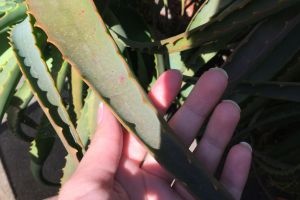
Using a sharp knife, carefully slice the leaf lengthwise to expose the gel inside.
Scoop out the gel using a spoon and transfer it to a clean container.
Apply the aloe vera gel directly to sunburns, cuts, or irritated skin as needed for soothing relief.
Peppermint: A Digestive Dynamo
Over-the-Counter Counterpart/Uses: Digestive aids.
Peppermint is a fragrant herb renowned for alleviating digestive discomforts like indigestion and bloating.
Its natural oils contain menthol, which helps to ease and relax the muscles of the gastrointestinal tract. Plant peppermint in a partially shaded area with well-draining soil.
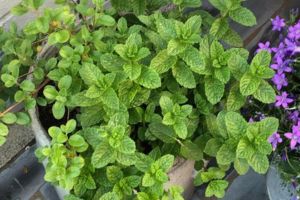
Instructions:
Boil water and let it cool slightly.
Place a handful of fresh peppermint leaves or 1-2 teaspoons of dried peppermint leaves in a cup.
Pour the hot water over the leaves.
Cover the cup and let the leaves steep for 5-10 minutes.
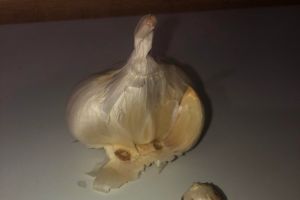
Remove the leaves and enjoy your soothing peppermint tea. You can sweeten it with honey if desired.
Chamomile: The Calming Elixir
Over-the-Counter Counterpart/Uses: Sleep aids and relaxants.
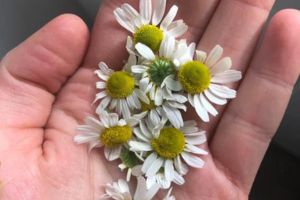
Chamomile is a gentle flowering herb known for its calming and sleep-inducing properties. Its delicate flowers are rich in antioxidants and essential oils that promote relaxation. Grow chamomile in well-draining soil under full sun to partial shade conditions. Regular deadheading encourages continuous blooms.
Instructions:
Place a teaspoon of dried chamomile flowers or a few fresh ones in a cup.
Pour hot water over the flowers.
Cover the cup and let the flowers steep for 5-10 minutes.
Strain and sip it before bedtime for a calming and relaxing sleep aid.
Lavender: Soothe Your Senses
Over-the-Counter Counterpart/Uses: Anxiety and stress relief aids.
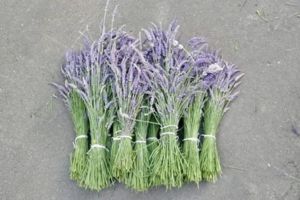
Lavender is celebrated for its aromatic beauty and ability to reduce anxiety and stress. Its essential oils possess calming effects that can be harnessed through infusions and aromatherapy.
Plant lavender in well-drained soil with good air circulation. This sun-loving herb requires minimal water once established.
Instructions:
Fill small cloth or sachet bags with dried lavender flowers.
Tie the bags securely with a string or ribbon.
Place the lavender sachets in your drawers, closets, or under your pillow to enjoy the calming aroma.
Echinacea: Immune-Boosting Powerhouse
Over-the-Counter Counterpart/Uses: Immune system support.
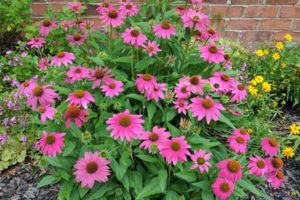
Echinacea, commonly known as purple coneflower, is a flowering plant cherished for its immune-boosting properties. Its roots, leaves, and flowers contain compounds that stimulate the immune system. Cultivate it in well-drained soil under full sun. Regular deadheading encourages prolonged flowering.
Instructions:
Chop fresh echinacea flowers and leaves finely.
Fill a glass jar about halfway with the chopped plant material.
Pour vodka or apple cider vinegar over the plant material, ensuring it’s completely covered.
Seal the jar tightly and store it in a cool, dark place for 4-6 weeks, shaking it daily.
Strain the tincture and transfer it to a dark glass bottle. Take a small amount daily to support your immune system.
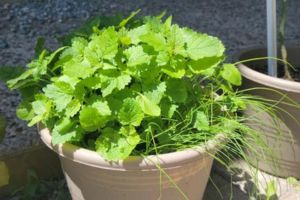
Lemon Balm: The Mood Lifter
Over-the-Counter Counterpart/Uses: Stress and anxiety relief.
Lemon balm is a fragrant herb known for its mood-lifting effects and potential to reduce stress. Its leaves contain compounds that promote relaxation.
Plant lemon balm in rich, well-draining soil with partial shade. Regular pruning prevents the plant from becoming invasive.
Instructions:
Place a handful of fresh lemon balm leaves or 1-2 teaspoons of dried leaves in a cup.
Pour hot water over the leaves.
Cover the cup and let the leaves steep for 5-10 minutes.

Strain the tea and enjoy its soothing and uplifting effects.
Garlic: Nature’s Antibiotic
Over-the-Counter Counterpart/Uses: Antibacterial and antiviral agents.
Garlic is a culinary staple with impressive medicinal qualities. Its active compound, allicin, exhibits antibacterial and—————————————————————————————————————————————————————————————–
By: James Cole
Title: OTC Meds In Your Backyard: 10 Plant Alternatives
Sourced From: www.bioprepper.com/2024/02/14/otc-meds-in-your-backyard-10-plant-alternatives/
Published Date: Wed, 14 Feb 2024 14:23:49 +0000

